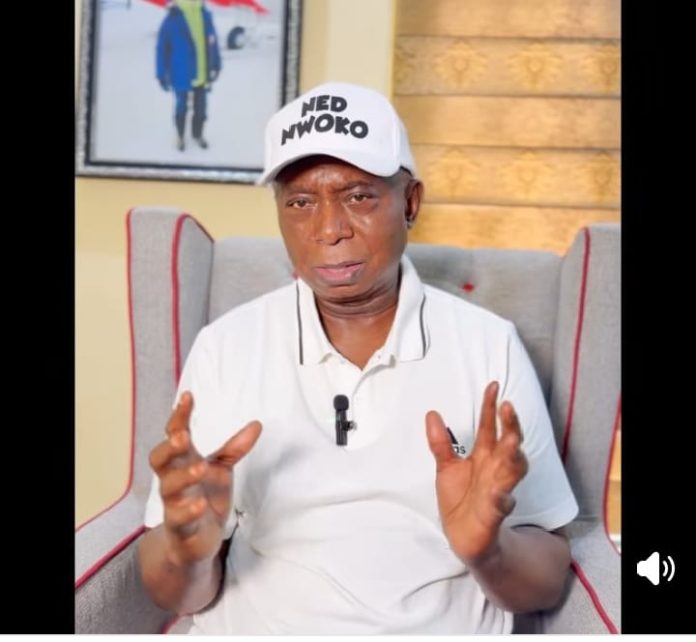BY AUSTIN OYIBODE
As Africa commemorates the 62nd anniversary of the founding of the Organization of African Unity, Senator Ned Nwoko has issued a forceful call to action, urging African leaders to move beyond ceremonial rhetoric and take decisive, homegrown steps toward genuine unity, economic sovereignty, and continental reform, led by Nigeria.
In his message marking Africa Day, Senator Nwoko, Chairman of the Senate Committee on Reparations and Repatriation, warned that the continent risks perpetual stagnation unless bold political, economic, and structural transformations are initiated, driven by Africans themselves.
“Africa must be reorganized and refocused. The time is now. The mission is ours,” Nwoko declared. “The hope for a stronger, united Africa lives in each one of us.”
Nigeria’s Destiny as Africa’s Compass
Nwoko placed the burden of continental leadership squarely on Nigeria’s shoulders, asserting that as Africa’s most populous nation and one of its largest economies, Nigeria cannot afford to remain indifferent.
“The day we decide as a country to wake up to this expected leadership role, there will be real change in Africa,” he said, urging Nigeria to rise above internal political distractions and assume its natural leadership role on the continent.
He emphasized economic self-sufficiency, through industrialization, job creation, and intra-African trade, as the bedrock of true independence.
“With people gainfully employed and producing locally, we can begin to regain our glory.”
Colonial Shadows Still Haunt Africa
Nwoko described the legacy of slavery, colonialism, and modern economic dependency as a “psychological trauma” that still shackles Africa’s advancement.
“This is the silent loop that has held us captive,” he said, blaming the continued external control of African governance and development on the continent’s reluctance to take full ownership of its destiny.
“Europeans cannot build our continent for us. We must do it ourselves.”
Reimagining the African Union: Power Must Follow the People
A cornerstone of Nwoko’s vision is the radical transformation of the African Union (AU) from a symbolic diplomatic body to a legislatively empowered union of the people.
He advocated for direct elections into an AU Parliament, arguing that only true democratic legitimacy will allow the AU to represent and act upon the real hopes and needs of Africans.
“We don’t need a distant, ceremonial Union. We need a parliament elected by Africans, accountable to Africans.”
Infrastructure, Identity, and Integration
Nwoko also pushed for an actionable agenda including:
A common African currency
Intra-African rail and road connectivity
A unifying language for deeper cultural integration
Ease of cross-border movement, modeled after Europe’s Schengen Zone
“We talk about Africa’s economy, but we must also talk about how Africans move across borders. Until that happens, our voice will remain fractured,” he said.
He emphasized youth empowerment, investment in education, and a values-driven civic leadership, while extending an open call to the African Diaspora:
“Africa is big enough for all of us. We need our people abroad to return, reinvest, and rebuild.”
A Generational Call to Duty
More than a ceremonial message, Nwoko’s Africa Day remarks read like a manifesto for a new African era, one where rhetoric gives way to reform, dependence yields to self-determination, and where Nigeria leads from the front or risks watching the continent drift.
“This is not merely a political aspiration,” Nwoko warned. “It is a generational duty.”

















